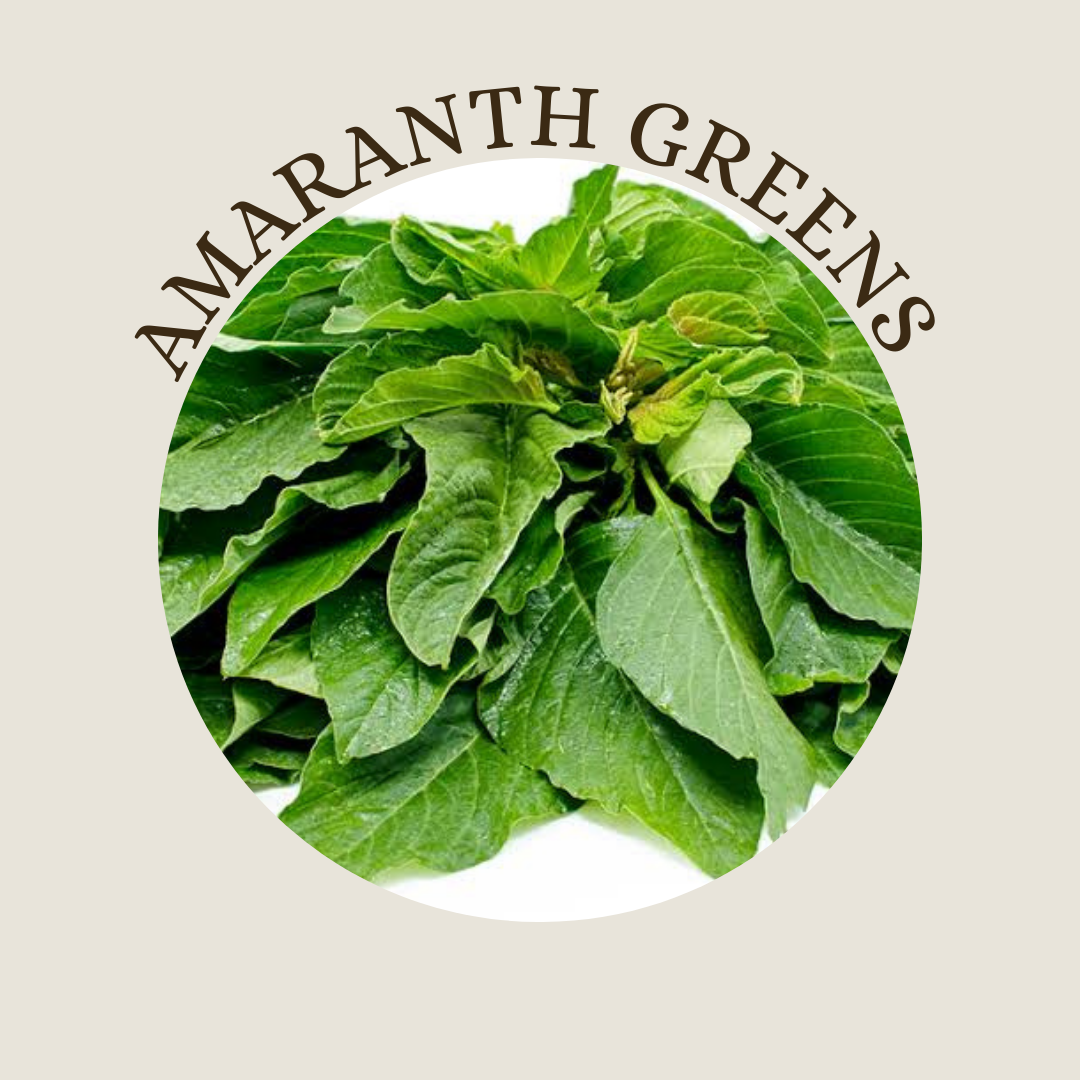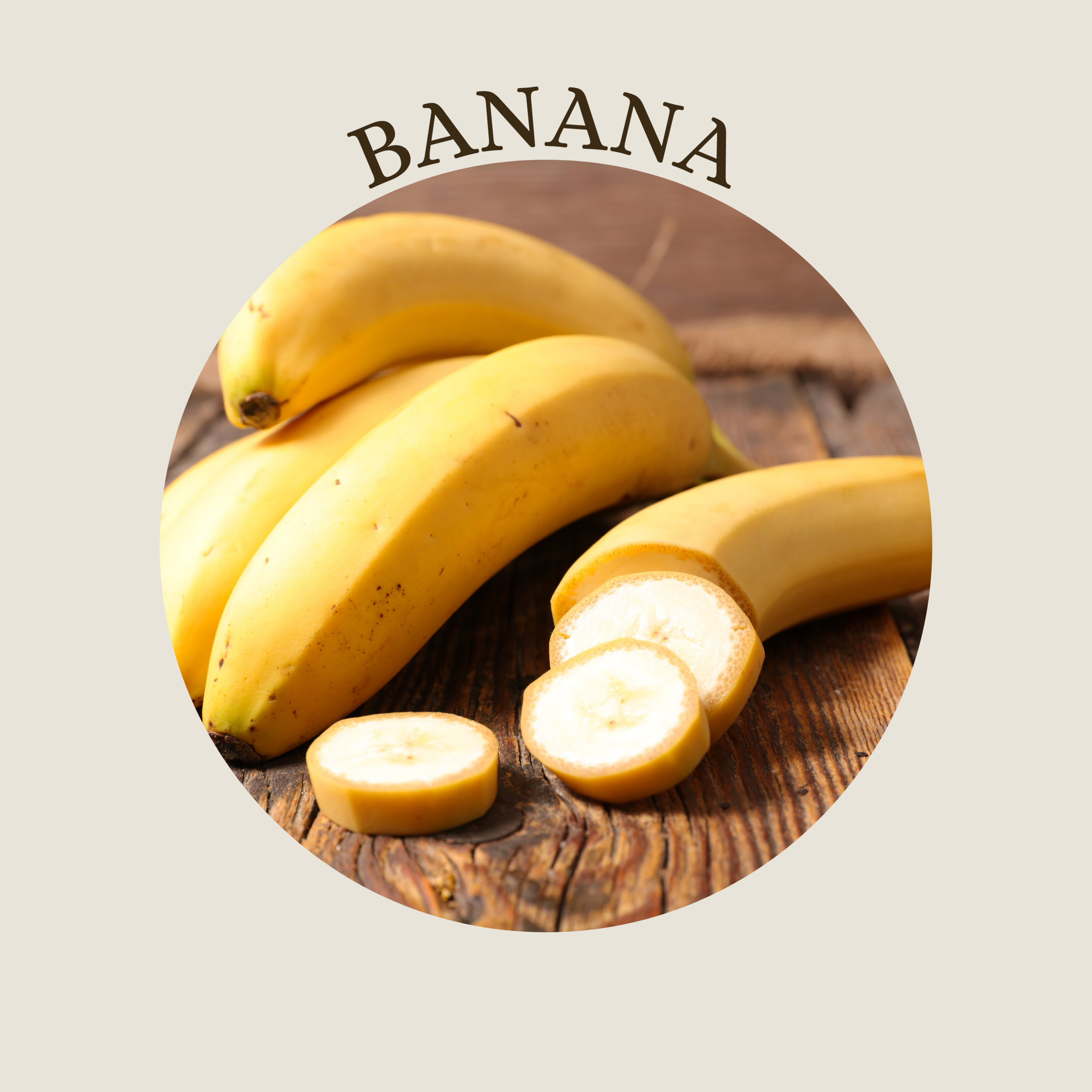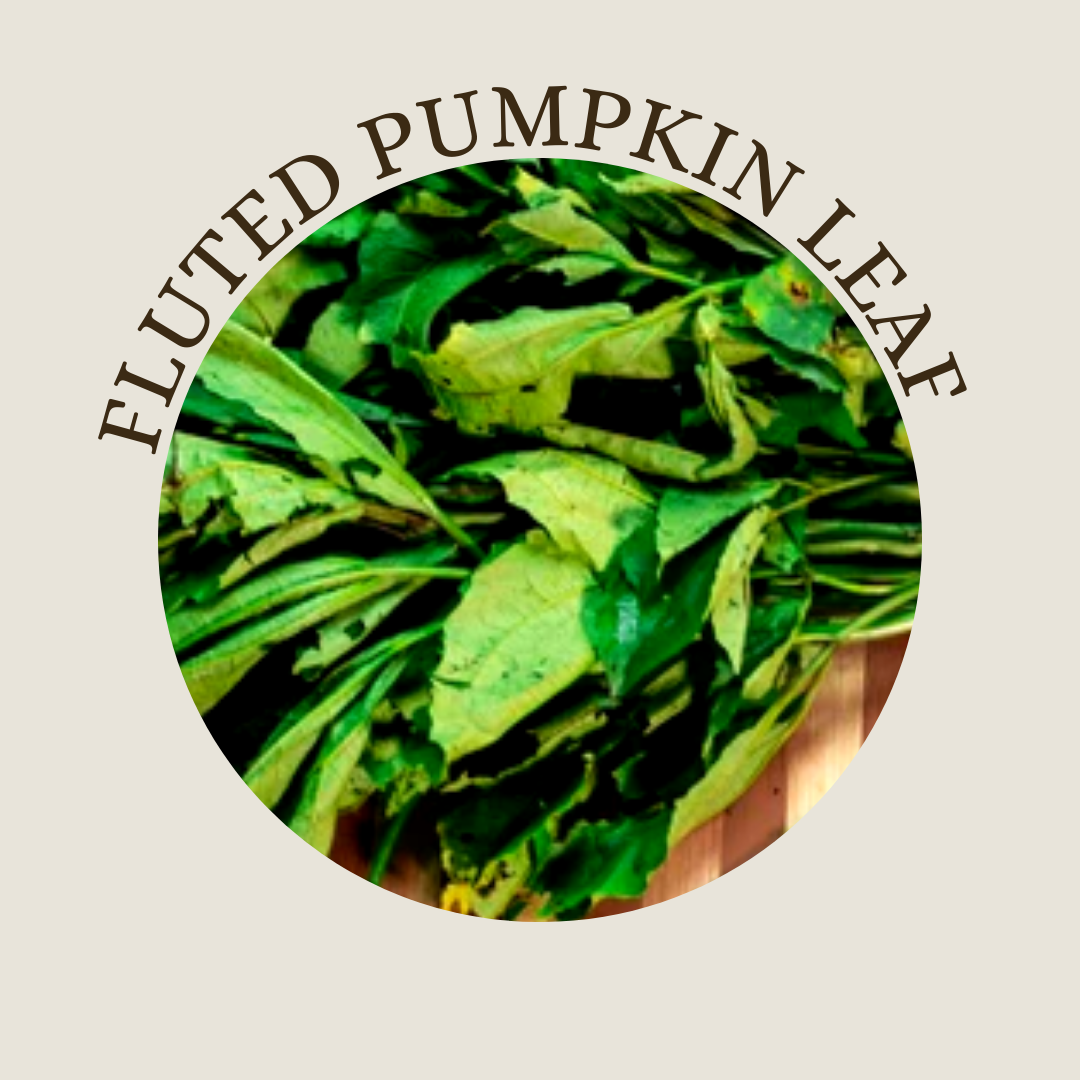Discover the Natural Powers of Our Ingredients
The scientific and health research presented on this page is for informational use only. The health benefits and results reported for each ingredient may not necessarily occur in all individuals.
-
Essential Amino Acids, Protein, Carbohydrates, Fiber, Vitamin A, Thiamine (Vitamin B1), Vitamin B2, Vitamin B6, Vitamin C, Vitamin K, Calcium, Copper, Iron, Magnesium, Manganese, Potassium & Zinc.
-
Polyphenols, Flavonoids, Carotenoids & Chlorophylls
-
Antibacterial, Anti-inflammatory, Anti-diabetic, Boosts Energy & Supports Optimal Immune and Cognitive Functions
-
Amaranth greens is a dark leafy green that has a rich antioxidant, mineral, and vitamin profile. It is an exceptionally rich source of Vitamin K - the highest among all leafy greens -and a good source of Thiamine. Various studies show that these vitamins are essential for optimal cognitive health. Vitamin K underpins the structure of the brain; reduces neuroinflammation and the impact of oxidative stress on brain cells; and supports visual memory and verbal fluency [1].
Thiamine has been shown to support a range of cognitive functions like episodic and working memory and mental alertness. It also drives communication between the brain and other parts of the body by inducing the production of brain glucose necessary for the synthesis of neurotransmitters i.e. chemical messengers in the body [2].
Extracts of amaranth greens have also been shown to combat the inflammatory nature of diabetes, reverse abnormal cholesterol profiles, and reduce elevated blood glucose levels in a manner similar to certain Type 2 diabetes medications [3].
This powerful dark leafy vegetable also possesses immunity-boosting properties due to its high Vitamin A, Vitamin B1, B2, B6, Iron, and Zinc contents.
-
-
Carbohydrates, Fiber, Vitamin A, Vitamin B3, B6, B12, Vitamin C, Vitamin E, Potassium & Magnesium
-
Polyphenols, Flavonoids, Carotenoids, Phytosterols, Prebiotics, Resistant Starch & Bioactive Amines (catecholamines, dopamine, serotonin, norepinephrine & epinephrine)
-
Anti-diabetic, Mood-Boosting & Improves Digestion
-
The bioactive amines present in bananas are known to play a key role in the prevention of depression symptoms. Particularly, dopamine levels decrease as ripening increases [4,5].
This tropical fruit is not only mood-enhancing but is also packed with a wide range of dietary fiber, including resistant starch. Resistant starch is an indigestible carbohydrate fermented by probiotics in the colon, producing butyric acid as a byproduct. This byproduct plays a key role in the prevention of colorectal cancer [4].
The phytosterols present in bananas also exert anti-cancer properties in the intestines, boosts immunity, and lower cholesterol levels. Likewise, carotenoids, exhibit powerful antioxidant properties and are reported to boost immunity, reduce the risk of cancer, type 2 diabetes, and cardiovascular disease [4].
-
-
Carbohydrate, Essential Amino Acids, Protein, Vitamin B2, Vitamin C, Vitamin E, Folic Acid, Beta-Carotene, Calcium, Iron, Potassium, Phosphorus, Magnesium, Omega-3, 6 & 9 fatty acids
-
Polyphenols (Phenolic compounds) & Carotenoids
-
Anti-diabetic, Promotes Radiant & Healthy Skin, Supports Optimal Immune Functions & Relieves Cramps
-
Not only does baobab contain 9 out of the 10 essential amino acids, but it also has over 25 different phenolic compounds in its fruit pulp which are accredited for its many health benefits [6].
Baobab fruit pulp is an excellent source of magnesium, containing twice as much magnesium as dark leafy greens. Due to the muscle-relaxing effects of magnesium, baobab fruit powder has traditionally been used to ease menstrual cramps.
Baobab is also particularly high in vitamin C, containing 84% - 100% or more of the Recommended Daily Intake for adults, and exceeding that of oranges and other Vitamin C-rich fruits and vegetables [7]. Vitamin C not only boosts immunity but also supports the natural production of collagen, which promotes skin radiance, elasticity, and hydration.
The anti-diabetic properties identified in baobab fruit are of particular note. Polyphenols in the fruit interfere with an enzyme responsible for the breakdown of starch-rich foods into glucose. This activity decreases the amount of glucose released into the bloodstream, thus positively affecting blood glucose levels [6].
-
-
Carbohydrate, Fiber, Vitamin A, Vitamin C, Folate, Beta-Carotene, Calcium, Copper, Iron, Magnesium, Manganese, Potassium, Phosphorous, Sodium & Zinc
-
Betalains, Betaine, Flavonoids, Polyphenols, Saponins, Carotenoids, Inorganic Nitrate (NO3) & Oxalic Acid
-
Anti-oxidant, Anti-inflammatory, Anti-diabetic, Enhances Sports Performance, Fights Period Fatigue, Relieves Period Cramps & Supports Blood Flow
-
Beetroot has been identified as one of the ten plants with the highest antioxidant activity. It is also often listed among top superfoods due to the antioxidant, anti-inflammatory, and anti-cancer properties of its phytonutrients and naturally occurring nitrate.
Due to its high nitrate content, beetroot improves kidney blood flow and function, enhances pancreatic health, and decreases inflammation and oxidative stress [8].
Several studies have reported the enhancing effects of beetroot on sports performance. These effects include improved endurance, tolerance, and m]uscle efficiency due to the reduction of the oxygen cost of exercise and optimal oxygen delivery to skeletal muscles [8,9].
Due to its betalains and betaine content, beetroot also supports hormone balance. These compounds, which make up more than 70% of the phytonutrients in beetroot, inhibit free radicals that cause oxidative stress and reduce fatty tissues in the liver. As such, betalains and betaine support healthy liver functions such as detoxification and hormone balance. Betaine also has an exceptional anti-inflammatory property that helps relieve menstrual cramps [10].
-
-
Fiber, Copper, Vitamin E, Trace Amounts of Vitamin B6, Vitamin C, Magnesium, Manganese & Potassium
-
Polyphenols & Terpenes
-
Relieves Period Cramps, Supports Cardiovascular Health, Anti-oxidant, Anti-inflammatory, Anti-cancer, Anti-microbial & Anti-diabetic
-
Ginger is known for numerous health benefits due to the presence of various phenolic and terpene compounds. Dried ginger has greater antioxidant activity than fresh ginger due to the higher concentration of phenolic compounds.
This spicy root has been used to relieve period discomforts for years. In recent years, it has been shown to inhibit the growth of various bacteria, fungi, and viruses. Studies have also demonstrated ginger’s effectiveness in inhibiting the growth of cancer cells and inducing cell death in colon, prostate, breast, cervical, and liver cancers.
Phytonutrients in ginger are also effective against diabetes by increasing insulin sensitivity and decreasing blood glucose. Moreso, ginger exerts cardiovascular protection by decreasing circulating cholesterol and blood pressure; and demonstrating anti-obesity activity by inhibiting fat cell production and accumulation [11].
-
-
Vitamin A, Thiamine, Riboflavin, Niacin, Vitamin C, Carbohydrates, Calcium, Iron, Protein
-
Phenolic acids Flavonoids, Anthocyanins & Organic acids
-
Anti-microbial, Anti-diabetic, Anti-oxidant, Anti-inflammatory, Promotes Radiant & Healthy Skin & Relieves Menstrual Cramps
-
The polyphenols that are present in red hibiscus are responsible for its many health benefits, including antioxidant, anti-diabetic, antimicrobial, anti-cancer, smooth muscle relaxant, analgesic, wound healing, and liver-protective properties.
Due to its anti-inflammatory and analgesic properties, red hibiscus relaxes the muscles in the uterus and around the bladder.
Red hibiscus also has great skincare benefits. It is rich in myricetin, a compound that reduces the breakdown of collagen and elastin. It is also a natural source of malic acid and citric acid, two AHAs that gently exfoliate and brighten the skin. As such, hibiscus promotes skin cell regeneration when applied topically [12, 13].
Studies have also shown a decrease in abdominal fat, total cholesterol, LDL cholesterol, and triglycerides as a result of ongoing administration of hibiscus due to naturally occurring organic acids (hibiscus acid & hydroxycitric acid) [12].
-
-
Riboflavin, Niacin, Vitamin B6, Manganese, Iron, Copper, Zinc, Magnesium, Potassium & Phosphorous
-
Alkaloids, Terpenoids, Flavonoids, Carotenoids & Tannins
-
Anti-cancer, Anti-inflammatory, Relieves Pain, Anti-bacterial, Anti-fungal & Supports Cardiovascular Health
-
Lemongrass contains compounds that relieve pain and swelling, reduce fever, induce cancer cell death, reduce the negative impacts of chemotherapy, and support cardiovascular health.
Studies show that lemongrass extract is beneficial as a supplementary treatment for colon and prostate cancer. Lemongrass increases oxidative stress in cancer cells, causing apoptosis (cell death). It does this while causing no harm to healthy cells [14,15].
Additionally, when lemongrass extract is used in combination with chemotherapy drugs, apoptosis is enhanced, while the deleterious effects of chemotherapy (i.e. damage of healthy cells, weight loss, etc.) are decreased. Furthermore, lemongrass extract does not interfere with the effectiveness of chemotherapy drugs.
Lemongrass also demonstrated the ability to prevent cancer growth, suggesting potential benefits as a safe therapy for continued use in remission [14,15].
Interestingly, researchers have shown that the combination of lemongrass and dandelion root extract is also effective in causing apoptosis and preventing tumor growth. Likewise, the use of these dual extracts along with chemotherapy drugs also enhances the effectiveness of the chemotherapy and decreases the toxic effects on healthy cells [15].
Asides from its anti-cancer properties, lemongrass also supports cardiovascular health. It is rich in quercetin, a flavonoid that protects the heart by reducing oxidative stress and inflammation [16].
-
-
Fiber, Copper, Trace Amounts of Vitamin B6, Vitamin C, Magnesium, Manganese & Potassium
-
Mangiferin, Catechins, Anthocyanins, Gallic acid , Kaempferol , Rhamnetin, Benzoic acid
-
Anti-oxidant, Improves Digestion & Supports Heart Health
-
Studies have shown that mango improves immunity and digestive health due to its nutritional content.
Mango is high in dietary fiber and amylases, a group of digestive enzymes that break down complex carbs into sugars and improve digestion.
Aside from its digestive health benefits, mango could also lower the risk of certain cancers because it is rich in polyphenols such as mangiferin.
Mangiferin, a super antioxidant, has been found (in test-tube and animal studies) to combat free radical damage associated with cancers, diabetes, and heart diseases [17,18,19].
Mango is also a rich source of immune-boosting nutrients such as copper, folate, B vitamins, vitamin A and vitamin C. These nutrients are known to carry out a range of functions from stimulating the production of disease-fighting white blood cells, enhancing immune cell efficacy to improving the skin’s natural defenses [20].
-
-
Fiber, Essential Amino Acids, Vitamin A, Vitamin C, Vitamin D, Vitamin E, Vitamin K, Calcium, Iron, Potassium & Phosphorous
-
Phenolic acids, Flavonoids, Phytosterols, Glucosinolates & Chlorogenic acid
-
Anti-diabetic, Boosts Immunity, Enhances Energy, Supports Radiant Skin & Hair Growth, Supports Digestion & Lowers Blood Pressure
-
Various bioactive compounds in moringa contribute to its known health benefits. Phenolic acids decrease the breakdown of dietary starches into glucose. Chlorogenic acid inhibits glucose production in the liver. Both of these actions contribute to the anti-diabetic properties of moringa. Glucosinolates have been shown to exhibit blood pressure-lowering properties.
Phytosterols compete with cholesterol absorption in the intestines, thus lowering blood cholesterol. Lowering blood pressure and cholesterol is beneficial for improving and preventing cardiovascular disease. Antioxidant and anti-inflammatory mechanisms also help to improve diabetic, cholesterol, and cardiovascular status [21].
Moringa is also a rich source of several vitamins that support energy production, immunity, cognitive health, skin health, and digestive health.
This nutrient-dense green is a good source of B vitamins that are essential for the synthesis of ATP, a key energy-carrying molecule in various body cells.
Vitamin A, vitamin K, and potassium found in large quantities in moringa play important roles in cognitive functions like mental clarity, focus, and alertness. Potassium is also essential for healthy digestion [22].
Vitamin A, vitamin C, vitamin D, and vitamin E not only boost immunity but also support hair growth and radiant & healthy skin [23, 24, 25].
-
-
Protein, Essential amino acids, Vitamin A, Vitamin B1, Vitamin B2, Vitamin B3, Vitamin C, Vitamin E, Omega-3, 6 & 9 fatty acids, Iron, Potassium, Sodium, Phosphorous, Calcium & Magnesium
-
Phenols, Tannins, Saponins & Quinones
-
Antibacterial, Anti-inflammatory, Anti-diabetic, Supports Optimal Immune & Cognitive Functions
-
Pumpkin leaves are rich in vitamins, minerals, amino acids, essential fatty acids, and potent phytochemicals. The essential fatty acids present in pumpkin leaf are responsible for its anti-fungal, antioxidant, and antimalarial properties. Pumpkin leaves also promote optimal brain function due to the presence of essential fatty acids, vitamin k, and other minerals [26].
Pumpkin leaves have also been shown to decrease pain perception, decrease total cholesterol, increase HDL (good cholesterol), and increase antioxidant status in the brain and liver [27].
-











